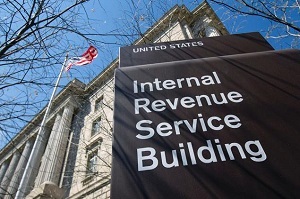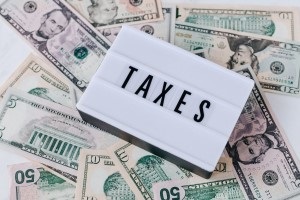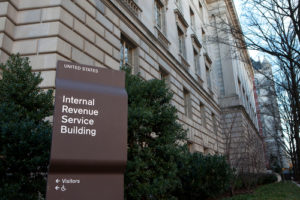Tax Fraud and Violations
When entities and individuals pay less tax than they owe, they are cheating the system. The Internal Revenue Service (“IRS”) estimates that the “tax gap” – the difference between what is collected and what is lawfully owed – is as high as $1 trillion each year. In some circumstances, the IRS whistleblower program provides for rewards to whistleblowers with information about tax fraud exceeding $2 million.
Tax fraud may also give rise to a claim under other whistleblower reward programs. For example, state False Claims Acts may allow whistleblower suits based on violations of state tax laws. The New York State False Claims Act and the District of Columbia False Claims Act are examples, and the Illinois False Claims Act has been recognized to permit claims based on state sales and excise taxes. Maryland has a tax whistleblower reward program, modeled after the IRS Whistleblower Program. Internationally, Canada and South Korea also have reward programs for reporting tax violations.
Tax fraud and tax evasion resulting in underpayment can take many forms, including:
- Underreporting of income due to investment in offshore tax havens
- Improperly transferring tax benefits from one company to another by artificially depressing the income reported by U.S. entities based on manipulation of “transfer pricing” (e.g., the prices that one subsidiary charges to another subsidiary for goods or services)
- Abusive tax shelters that lack any real economic purpose other than the evasion of taxes, including “Guam Trusts,” debt straddles, lease-in/lease-out transactions, S-Corp ESOP transactions, and off-shore deferred compensation arrangements.
- Circular transactions in which funds are moved from one company to another to generate artificial tax benefits
- Manipulation of the recognition of revenue or profits to maximize tax benefits
- Employment tax fraud
- Cryptocurrency tax fraud
- Fraudulent claims for tax credits or deductions, including tax credits for renewable energy investments and sales.
- Fraudulent assertions of tax-exempt status, including by organizations engaged in lobbying or other activities that prevent lawful assertion of tax-exempt status.



